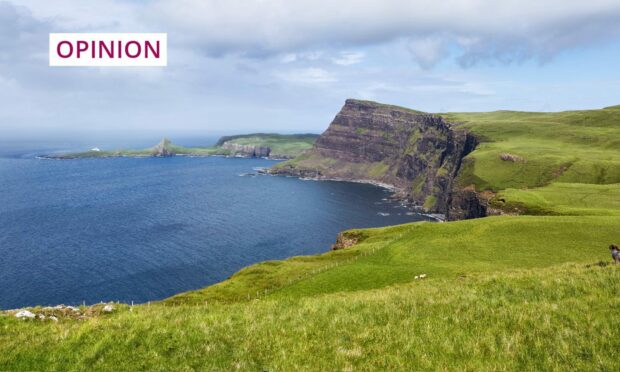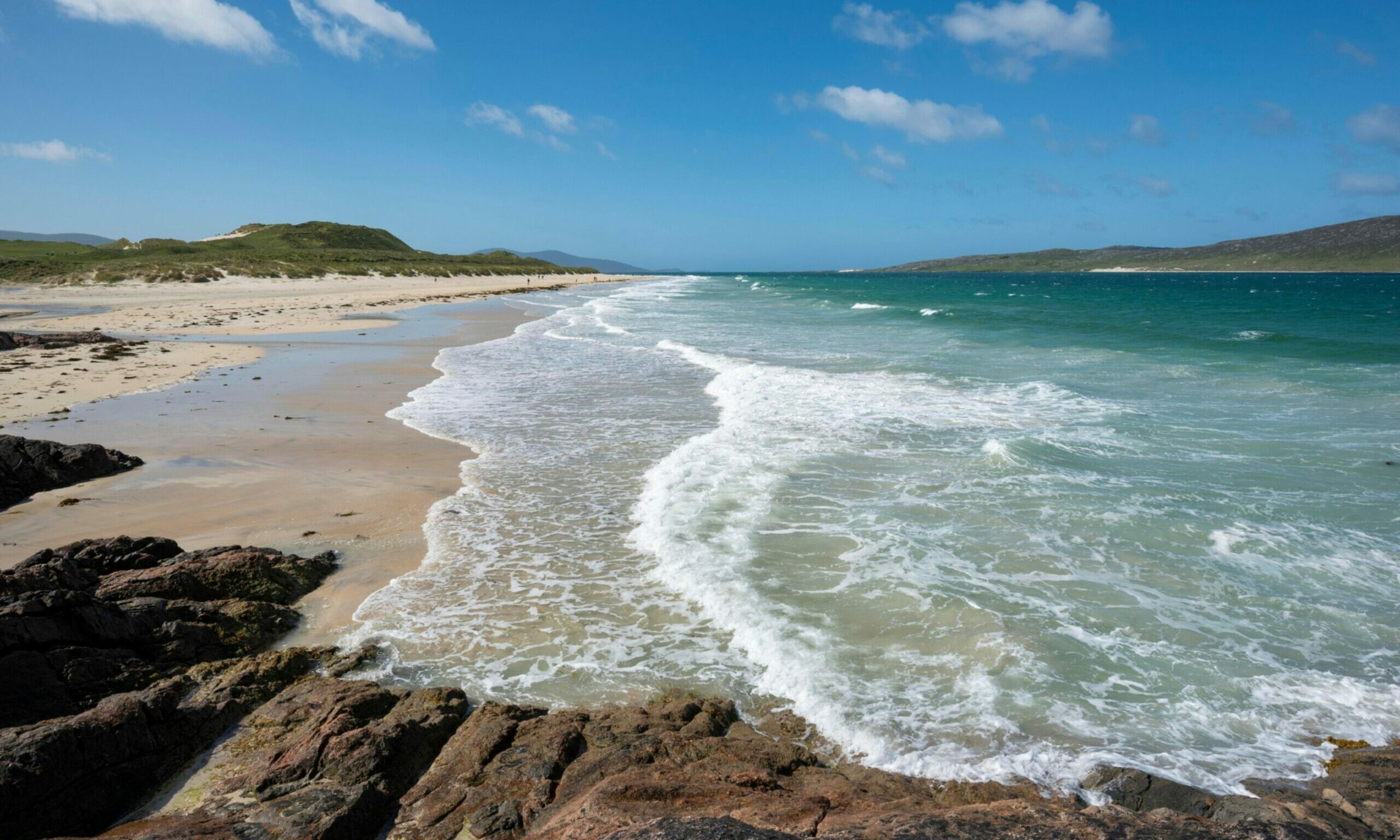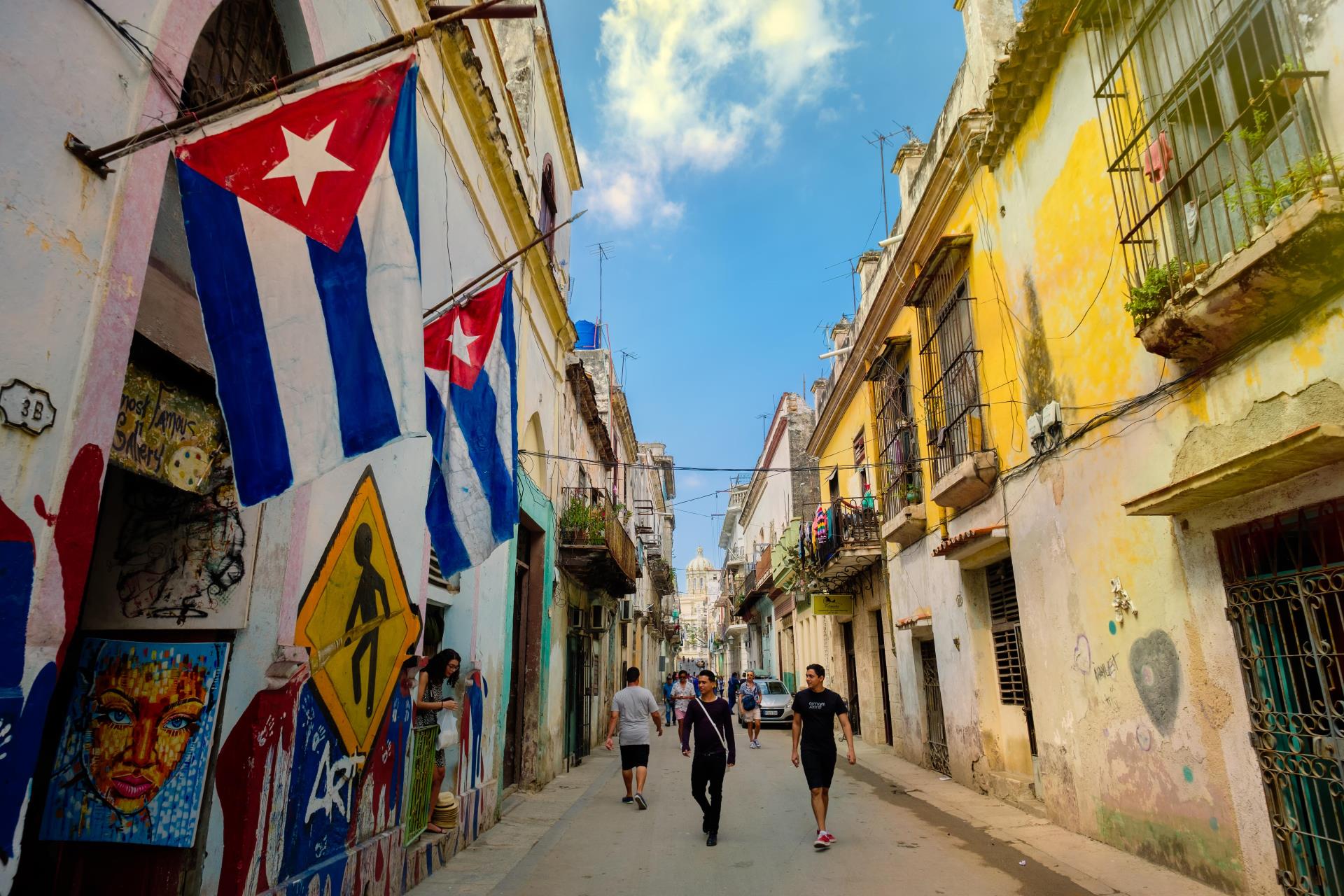As a linguist (and, let’s be honest, a bit of a humourless grammar fascist), I’m always delighted to hear people having lively debates about language usage.
Is it OK to split the infinitive? May one nowadays legitimately start a sentence with “And” or “But”?
But of course! Language changes, like everything else.
Sometimes, these debates can get a bit political – nasty, even. Of course, language is political. One need look no further than contemporary discussions about pronouns to understand just what a political hot potato language can be.
Some people now put their preferred pronouns in their email signature. Like it or not, that is as much of a political statement as including a party political logo in your email signature. And it’s become so prevalent that not including your pronouns in your email signature smacks of politics, too.
When it comes to language, inaction can be as political as action. I’m led to believe, for example, that the Princess Royal’s office doesn’t (or at least didn’t) recognise the now widely used title of “Ms”. This could cause problems when interaction was required with organisations that pullulate with Mses, such as the Royal College of Midwives, of which the doughty princess is patron.
Failure to amend one’s database to accommodate Mses is a way of telling women that they must either reveal their marital status or do a PhD. Indeed, one could view the whole business of requiring people to cough up a title as political. A friend of mine is so enraged by it that she chooses a different one every time, switching gaily between Wing Commander, Mrs and Professor.
Wading into the Preposition Wars
All this is by way of preamble to introduce a controversy that is raging here sur les îles. (I write in French to avoid catastrophic error). In my house, we call it the Preposition Wars.
It boils down to this: people who grew up speaking English as their first language will typically say that they are on an island rather than in it. When I was a child, for example, we used to go on holiday to Millport. We thought of ourselves as spending a fortnight in Millport on Great Cumbrae. Sometimes, we would take a boat to the Wee Cumbrae and spend a day on there. Other times, I would be allowed to hire a rowing boat and row out to the Wee Eilean. I used to swim between them and then have a picnic on one of them. What fun I had!
Little did we know that we were, all the while, committing preposition crimes. For I read now – not infrequently – that to say you stay on, say, Harris – where I do, in fact, stay – rather than in Harris, is to despise your community and float above like a noxious cloud. Separate. Toxic. Uninvolved.
It’s not about what’s idiomatic in English. It’s about a mindset. And, baby, you’ve got the wrong mindset if you say on rather than in.
On critics roll out all kinds of plausible-sounding reasons why on is not just wrong but verging on evil. Deployers of on see only scenery, not people. They view islands as commodities, not communities.
You wouldn’t say on the UK, on critics sputter. No, you wouldn’t, but then the UK isn’t an island. It’s a number of islands and a bit of another island. You would say on the mainland. Wouldn’t you?
Let’s lighten up on language
I see this differently. It’s very simple. In Gaelic, it’s idiomatic to say that you are in Harris or Skye or Mull or pretty much any island. Therefore, in places with a large Gaelic-speaking population, people tend to say in rather than on in English as well.
Which is fine. It’s more than fine. It’s fabulous. Bring it on. Let’s say in. I’ve started to say in myself, having – and I reveal this with some trepidation – spent a number of years blithely announcing that I stayed in Rhenigidale on Harris. (I’m locking the door as I write.)
What’s perhaps less fine is to make wild assumptions about people who say on, which – and I must insist on this – is idiomatic in English. And (whisper it) other languages, too. German, for example, where the rules, you’ll be unsurprised to learn, are crystal clear.
“In German, we consider islands to be surfaces that stand out of the sea,” writes one grammar blogger who clearly hasn’t been following this debate. Therefore, unless the island is a country, such as Cuba, you are on (auf) it and not in it “because this would sound as if you lived inside the island’s ground”.
I fear for this person. But, more than that, I fear for all of us if we start taking offence at prepositions. You say in; I say on. Who cares? Lighten up, compadres. No need to call the whole thing off.
Fiona Rintoul is an author and translator












